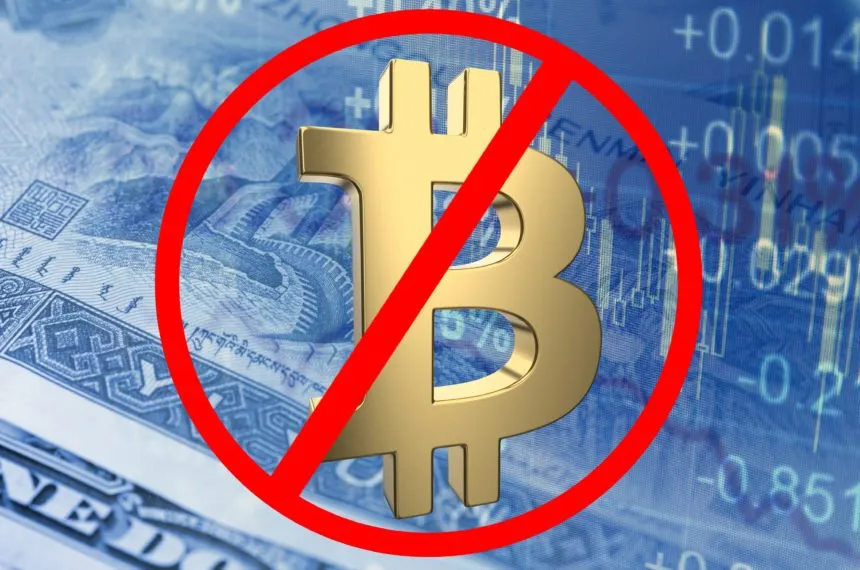
https://www.newsbtc.com/news/bitcoin/its-official-indian-government-wants-to-ban-bitcoin/
Banning Bitcoin.
There are a lot of people out there that say that governments won’t “allow” Bitcoin to exist because it competes with governments’ monopoly privilege of money. And for someone who believes in Bitcoin heavily, this puts a pit in my stomach. My first reaction is, “these old, outdated, neanderthal bastards wanting to destroy one of the best financial inventions in modern history.” But after I got over myself, I asked, can the United States ban Bitcoin? Is it probable? Is it feasible?
Ray dalio, a hedge fund manager, which I'm a big fan of his work, had an interview with Yahoo finance last wednesday discussing this very thing. He opined that under the right circumstances, economic depression conditions, the United States government could ban private ownership of Bitcoin as it did with gold in the 1930s.
A little history:
After the US stock market crash in October 1929, and the subsequent economic depression that followed, the Roosevelt administration, in April 1933, through executive order, criminalized the ownership of gold (and using it monetarily) in the amount valuing more than $100, or ~$10,000 in 2021 dollars. People were required to sell their excess gold to the Federal Reserve for $20.67 an ounce. This was later bumped up to $35 an ounce a year later in 1934.
However, in 1971, due to fiscal constraints, President Richard Nixon removed the United States dollar from the gold standard (where the US government was no longer exchanging gold for US Dollars). And later, the United States, in 1977, removed the last remnants of the 1930s ban on gold ownership and using gold monetarily, essentially ending 44 years of banned private ownership of gold.
Is Bitcoin likely to follow Gold’s history?
Even though Bitcoin could or is competing with fiat currency, fiat currency definitely isn't based on or supported by Bitcoin, as gold was in the past. So there is not a direct competition where one is dependent on the other. This changes the dynamic.
Plus, as established in the set of US federal court cases known as Bernstein vs United States in the 1990’s, software or code is protected under the free speech clause of the First Amendment to the United States Constitution. And since Bitcoin is code, Bitcoin under the precedent of Bernstein vs United States could be declared as free speech, therefore cannot be banned.
On the innovation side, crypto is much more than a financial instrument, it is also cryptography and a decentralized ledger system. Completely banning this technological instrument would hinder future development in whatever evolves next, effectively restricting much economic benefit that would come from any future innovation in this space.
And to the, “is it feasible” question? Bitcoin was specifically created to not be controlled by a centralized 3rd party. Anybody anywhere can mine Bitcoin, contribute to the code and store it on a private wallet. Not only does Bitcoin not need government approval, but I can't imagine a government having the power to restrict the usage of any code. They can certainly turn off the fiat to crypto exchange, but how are they going to restrict the exchange and management of bitcoin itself?
In Conclusion:
Anything is possible. The United States government could get absolutely stupid and criminalized one of the greatest innovations in modern financial history. Technologically surveil and suppress any sort of crypto exchange. Do significant economic damage to itself and create a global crypto black market or at the very least, be left out of the “innovation loop” and stagnate under its draconian laws. And pissing a lot of people off, including me!
But then again, the government could embrace this decentralized technology, spearheading the next big thing that comes next. Who knows. Regardless, I'm still betting on Bitcoin.
Stay frosty people.
50% allocated to ph-fund.
